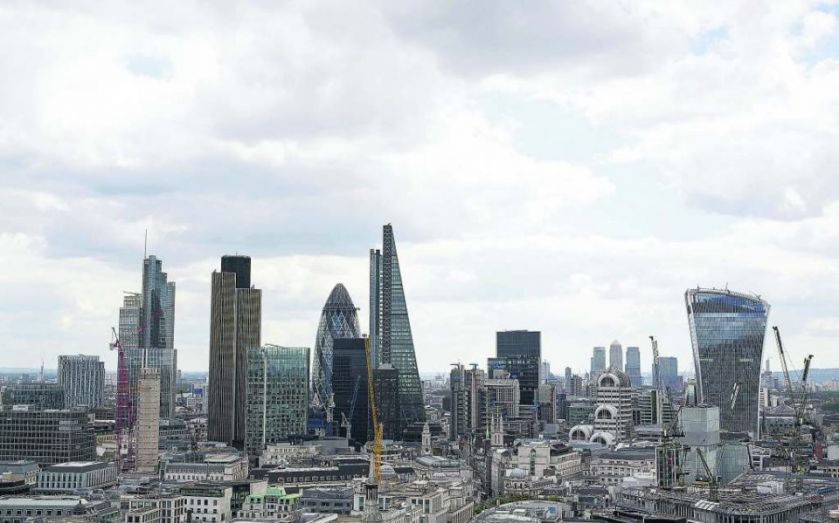EU refugee crisis: From migration to capital movements – the City thrives on openness to the world

A 2,000 mile round trip to Lithuania, quickly followed by another round trip of 7,000 miles to Washington, means that I will be spending a large part of this coming week travelling.
But this time spent up in the air gives me a good opportunity to reflect on the challenges and opportunities that the City is facing at the moment.
It also gives me a good grounding as to where the UK is sitting in the global pecking order, and how we are faring in the modern, competitive world economy.
My meetings in the Lithuanian capital Vilnius with the country’s Prime Minister and finance minister will focus on our improving bilateral relations and the economic situation in the UK and Lithuania.
The Capital Markets Union will also be high on the agenda as a way of removing barriers and creating a more efficient system of market-based financing, ironing out national differences.
With the UK yet again registering a pretty dismal trade deficit last week, widening access to finance for our businesses should be a high priority for our government and those across Europe if we are to boost the economic performance of all member states.
In America this week, the UK and EU political situation will be high on the agenda in my meetings with senators, regulators and financial institutions, alongside transatlantic regulatory issues and an update on the Transatlantic Trade and Investment Partnership discussions.
What really interested me over the summer, though, was how David Cameron confounded expectations with the destination of his first trade visit of his new government. China and India would have been the obvious destinations, but the large, untapped potential of South East Asia proved too alluring.
The very fact that the region will be the fourth largest single market in the world by 2030 probably proved decisive here. During the visit he said that the UK needed to go “to the ends of the earth” to sell its wares and that, while Europe has to date been a prosperous trade partner, new markets cannot be ignored, and if they are, we will be the losers in the long run.
We need to be open to be successful – we need to be open to our existing trade partners like Europe and the US, and be open to those that we don’t trade enough with.
On the topic of openness, it would be remiss of me to not mention the ongoing migration crisis. The City’s view on the general topic of immigration is that part of our success over the years has been built on welcoming highly-skilled migrants. Clearly this is a wider-European political issue.
But as Harriet Harman said last week, if we are closed-minded, “who will be the future consultants at our hospital bedsides, the entrepreneurs who will build our economy and the professors in our universities?” I couldn’t agree more.